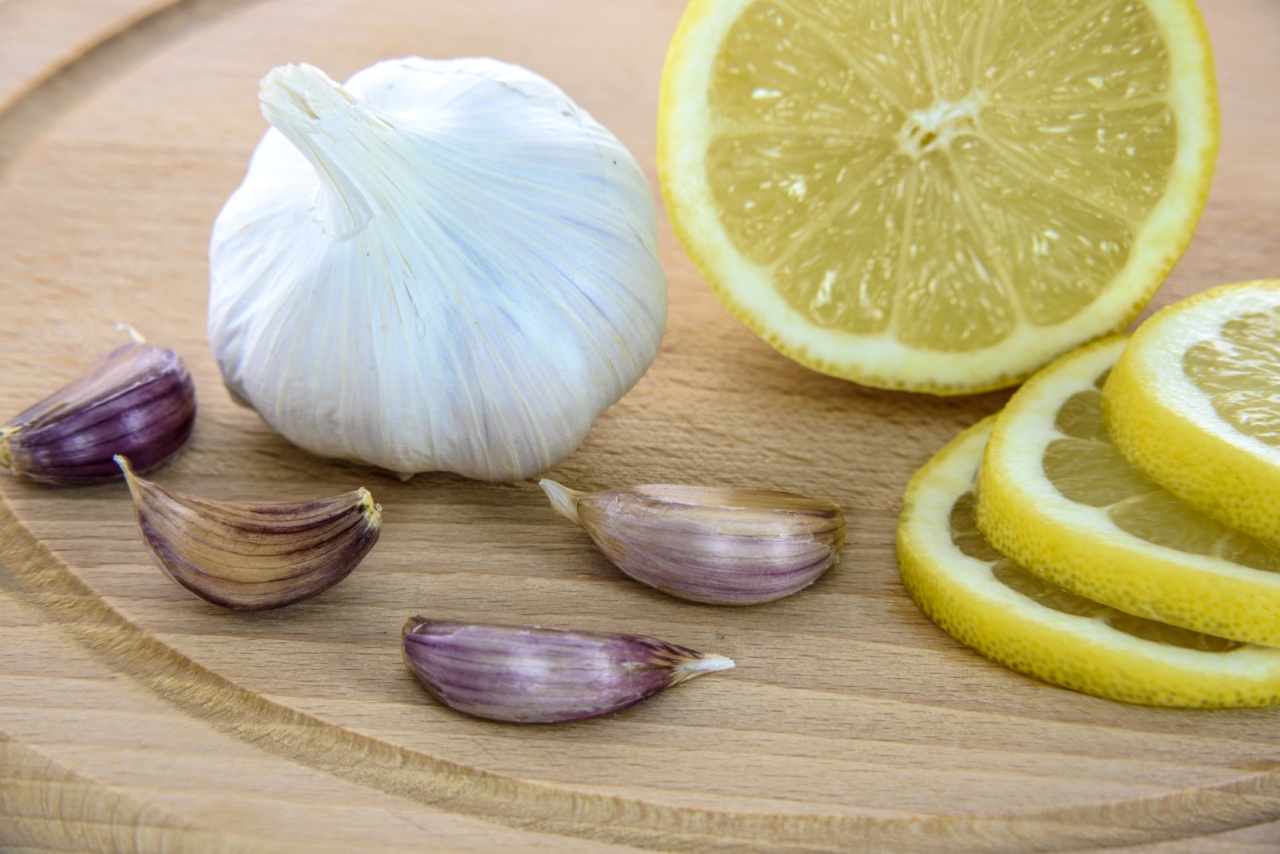For cancer patients undergoing radiotherapy, a common side effect is increased inflammation.
While inflammation is a natural response to injury or illness, prolonged inflammation can be harmful to the body and lead to chronic conditions such as heart disease, arthritis, and even cancer.
An anti-inflammatory diet can be a powerful tool in reducing inflammation and promoting healing after radiation therapy.
This diet includes foods that are rich in antioxidants, vitamins, and minerals that help the body repair damaged tissue, reduce inflammation, and boost the immune system.
Benefits of an Anti-Inflammatory Diet
There are many benefits to following an anti-inflammatory diet, especially for cancer patients recovering from radiation therapy. Some of these benefits include:.
Reduction in Inflammation
One of the primary benefits of an anti-inflammatory diet is a reduction in inflammation. This is crucial for cancer patients who experience increased inflammation as a side effect of radiation therapy.
Foods rich in antioxidants, such as berries, leafy greens and nuts, help to reduce inflammation and promote healing.
Increased Immune System Function
Cancer treatments such as radiation therapy can compromise the immune system. An anti-inflammatory diet can help to boost the immune system by providing the body with the nutrients it needs to fight off infection and disease.
Foods such as garlic, ginger and turmeric have natural anti-viral and anti-bacterial properties that can help to protect the body.
Reduced Risk of Chronic Diseases
An anti-inflammatory diet has been shown to reduce the risk of chronic conditions such as heart disease, diabetes, and arthritis. These conditions are often associated with increased inflammation in the body.
By following an anti-inflammatory diet, cancer patients can help to reduce their risk of developing these conditions in the future.
Foods to Include in an Anti-Inflammatory Diet
When choosing foods for an anti-inflammatory diet, it’s important to focus on whole foods that are rich in nutrients. Here are some foods to include:.
Fruits and Vegetables
Fruits and vegetables are an excellent source of antioxidants, vitamins, and minerals.
Dark, leafy greens such as spinach and kale, as well as berries, citrus fruits, and cruciferous vegetables (broccoli, cauliflower, Brussels sprouts) are especially beneficial.
Nuts and Seeds
Nuts and seeds such as almonds, walnuts, flaxseeds, and chia seeds are rich in healthy fats and fiber, which can help to reduce inflammation in the body. They can be added to smoothies, salads, or eaten as a snack.
Healthy Fats
Foods such as avocados, olive oil, and fatty fish (salmon, tuna) are rich in healthy fats that help to reduce inflammation and promote healing in the body.
Herbs and Spices
Herbs and spices such as garlic, ginger, turmeric, and cinnamon have natural anti-inflammatory properties that can help to reduce inflammation in the body.
Foods to Avoid
When following an anti-inflammatory diet, it’s important to avoid processed foods, refined sugars, and high-fat dairy products. These foods can increase inflammation in the body and hinder the healing process.
Other foods to avoid may include fried foods, margarine, and refined carbohydrates (white bread, pasta, and rice).
Conclusion
An anti-inflammatory diet can be a powerful tool in promoting healing and reducing inflammation in cancer patients undergoing radiation therapy.
By focusing on whole foods that are rich in nutrients and avoiding processed foods, cancer patients can improve their overall health and reduce their risk of chronic conditions in the future. While dietary changes alone may not be enough to combat cancer, they can play an important role in overall health and wellness.































